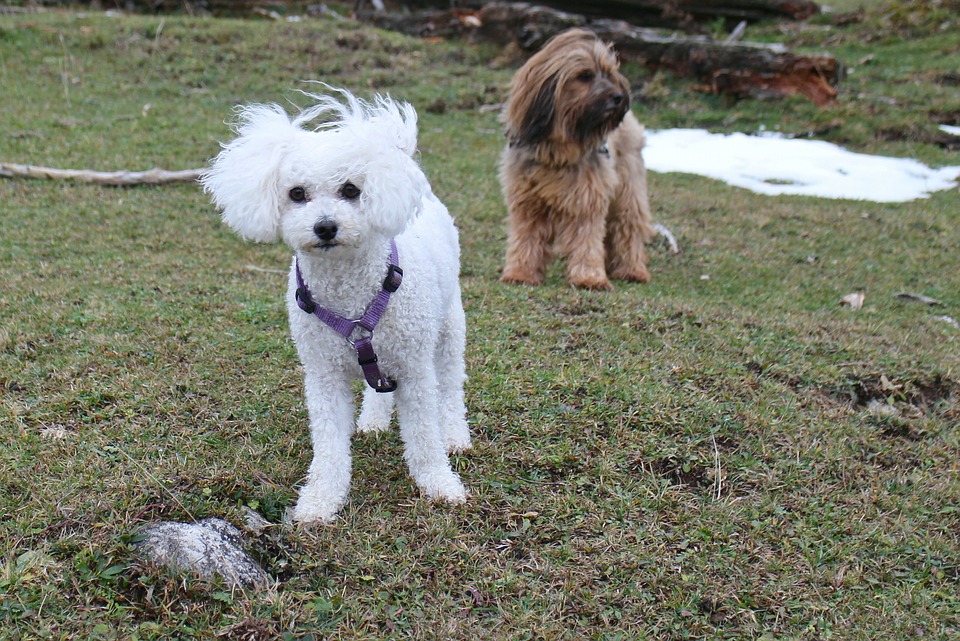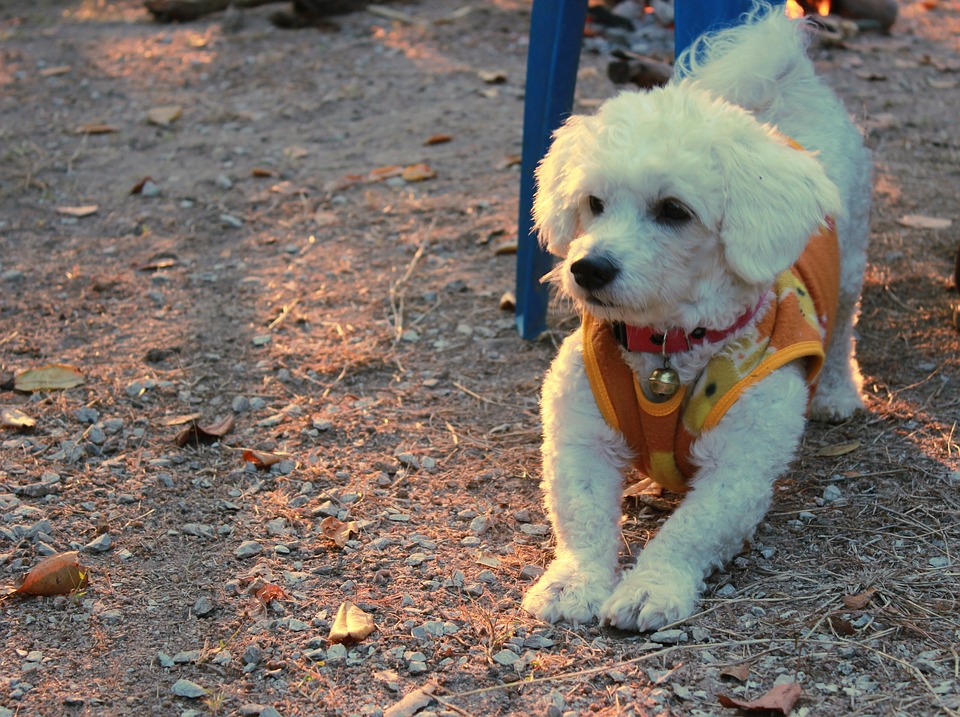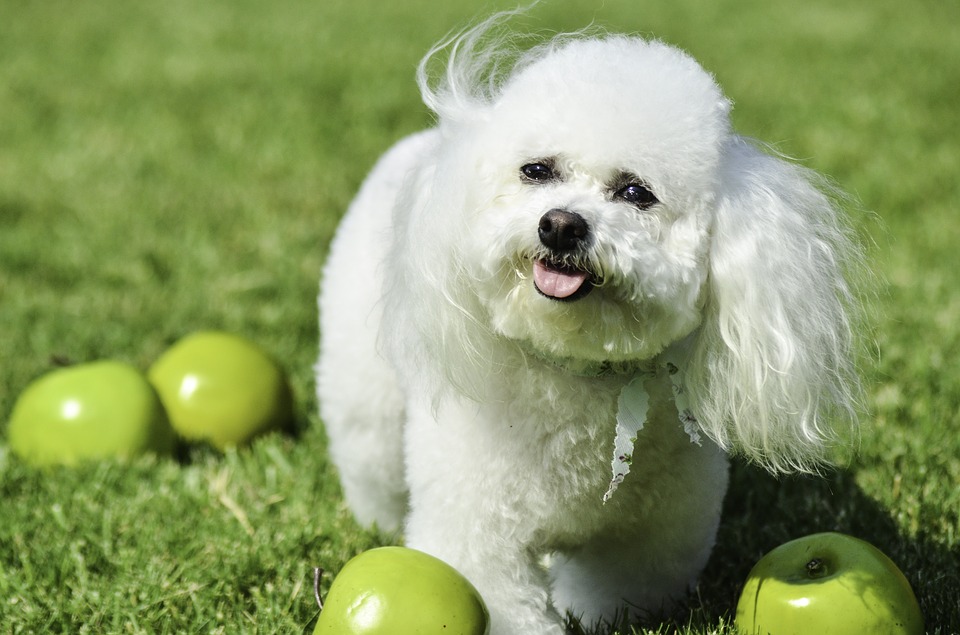The Bichon Frise
Vital Stats of Bichon Frise
The following are vital stats of Bichon Frise:
- Dog breed group: Non-Sporting Group
- Height: 9.5-11.5 inches
- Weight: 12-18 pounds
- Lifespan: 14-15 years
Physical Characteristics of Bichon Frise
The agile Bichon dog movies with an efficient and effortless gait. Its soft and inquisitive expression makes it very easy for the dog to win the heart of its owners.
This breed has a powder-puff look due to its double coat, which consists of a dense soft undercoat and a white coarse and curly outer coat that stands away from the body.
Care for Bichon Frise

The Bichon dog delights everyone with his happy-go-lucky attitude, playfulness, vivaciousness and bounciness. This breed is great with kids and amicable toward pets, other dogs and strangers. This affectionate, responsive and sensitive dog also loves to play and cuddle. However, when left alone, he may bark excessively.
While this breed may be small, it requires exercise daily. You can easily fulfill these requirements with a nice romp in the yard, a lively indoor game or a short leash-led walk. It is necessary to comb, as well as brush, the powder-puff white coat on alternate days to keep it dirt-free.
Health of Bichon Frise
Similar to any other breed, the Bichon Frise is prone to specific health problems. While they are small, Bichons can develop hip dysplasia. Severe cases can lead to arthritis later in life and may require costly surgery to repair. Also, the kneecaps of this breed can easily slip out of place, or luxating patellas.
Additionally, Bichons can develp Legg-Calve-Perthes disease. This conditions results in a reduction of blood supply to the head of the thigh bone, which in turn causes it to shrink. The first sign of this disease is limping, which typically appears when the puppy is five to eight months old. This condition requires surgery and after the puppy is able to have a relatively normal life.
Bichons may also be prone to eye conditions, such as cataracts. This may result in blindness as early as two years of age.
Other common health problems in Bichons include:
- Dental disease
- Allergies
- Bladder stones
- Autoimmune diseases
- Respiratory problems
History of Bichon Frise

The Bichon is one of the few breeds that truly has been in existence for at least 2,000 years. However, he was not always known by that name. Little white dogs were common throughout the Mediterranean and made their way throughout the known world as popular trade items. Due to their small size and charming personality, this breed was able to flourish. During the Renaissance they could be found at the royal court of France, and they are often seen in portraits as the companions.
Bichons had come down in the world by the 19th century. They accompanied organ grinders and performed on the street for the amusement of passersby. Some were even popular circus dogs. French breeders took Bichons in hand in the early 20th century, wrote a breed standard for them, and gave them their new name: Bichon Frise, meaning “curly coat”.
The start of this breed in the U.S. began in 1956 when a French family moved to Michigan and brought their Bichons with them. Less than 10 years later the Bichon Frise Club of America was formed in 1964. The breed was recognized by the American Kennel Club in 1973.
For more information on the Bichon Frise or other dog breeds, don’t hesitate to contact us here at All Pets Veterinary Medical Center with the link below!
















